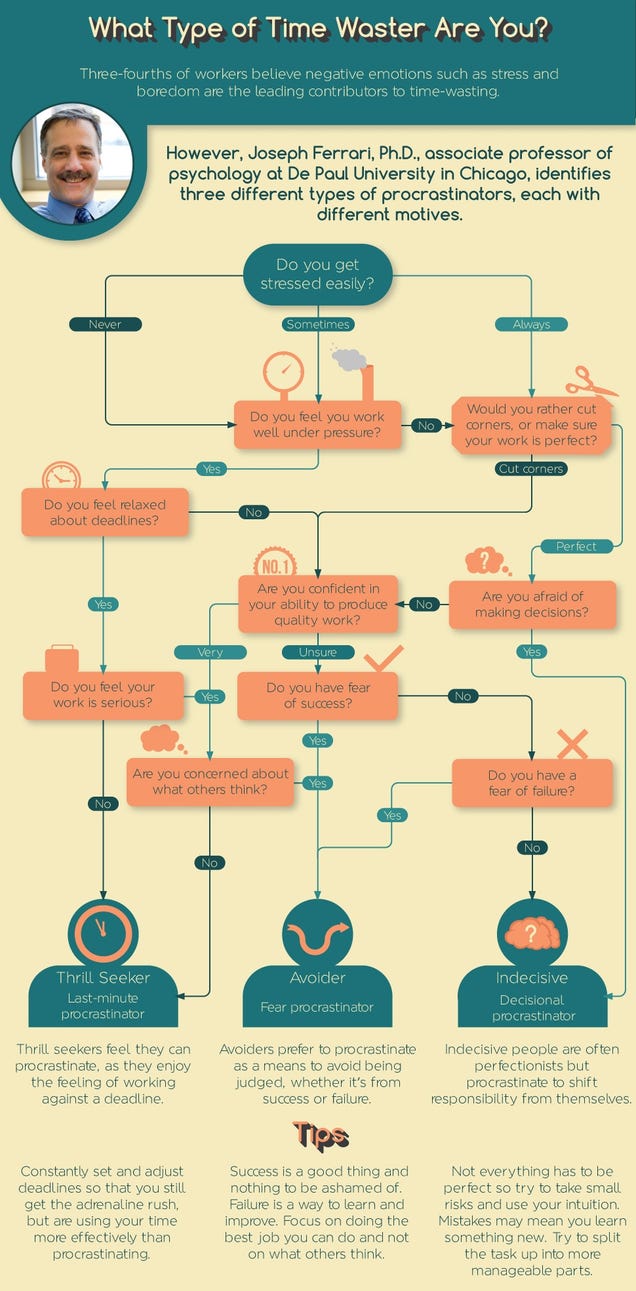By Steven Valdez
Associate, KPMG
Time and time again we are told to manage our careers and drive down the next industry,
company, or position we are interested in. The equally as important part of managing your life comes in the form of managing your own education.
company, or position we are interested in. The equally as important part of managing your life comes in the form of managing your own education.
- Make Your Self-Education A Priority: On the constant evolving list of priorities it is important to put your continuous education that you can’t be forced to do at work at the forefront. Take this responsibility and really own it, because no one else can assign you better educational lessons of your interest than yourself.
- Go For The Tiny Wins: Education doesn’t always have to come in the size of a 1,000 page book, 5 hour video series, or driving across the country to attend a conference. The most effective way to educate yourself is through many tiny learning sessions over a period of time when you can squeeze it in to your demanding schedule. Define generally what you would like to learn and begin to take the time to lay out various videos or articles. Bookmark interesting articles or websites in your browser for quick access.
- Block Off Time In Your Schedule: Make your learning time important enough to block off the time on your work calendar. Take an extra 30 minutes at the end of a couple days out of the week to learn a few things of interest. Over the course of a couple months you would have expanded your tool belt tremendously.
- Constantly Reevaluate Your Why: It will come as no surprise that desires and interests are ever changing. Keeping that in mind, ensure that you spend some time reflecting every so often on the path you are traveling to see if you need to realign your self-education with dynamically changing interests.










